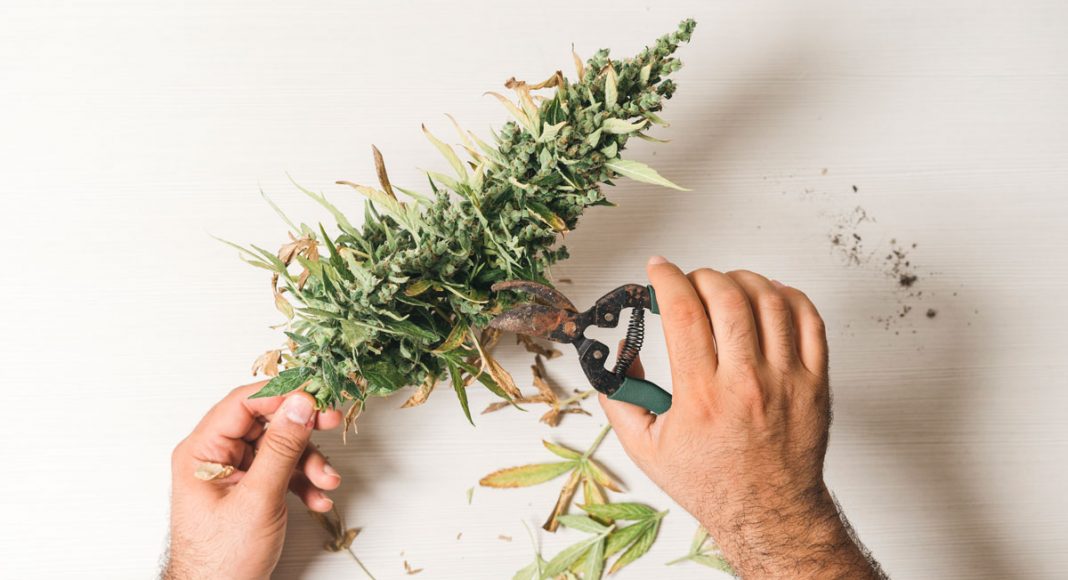Often in the media, general conversations about marijuana’s medicinal benefits reduce the plant’s 100-plus cannabinoids to a focus of one — cannabidiol, or CBD, as it’s commonly referred. CBD is non-psychoactive, presenting an easier entry point for new users while THC includes the intoxicating “high” cannabis is known for. One reductive consensus you might hear is that CBD contains all the good therapeutic value of cannabis, while THC includes virtually known and only benefits those who want to get high.
But a group of researchers from the University of New Mexico have recently cast doubt on such assumptions. A study published in the Scientific Reports journal found that THC displayed the “strongest correlation with therapeutic relief, compared to the more socially acceptable chemical found in cannabis, CBD (cannabinol).”
RELATED: Despite CBD’s Popularity, Americans Still Don’t Understand Its Effects And Capabilities
“Despite the conventional wisdom, both in the popular press and much of the scientific community that only CBD has medical benefits while THC merely makes one high, our results suggest that THC may be more important than CBD in generating therapeutic benefits,” study co-author and UNM Psychology Associate Professor Jacob Miguel Vigil told Science Daily. “In our study, CBD appears to have little effect at all, while THC generates measurable improvements in symptom relief.”
The researchers studied the “largest database of real-time measurements of the effects of cannabis in the United States,” via the ReLeaf app. In using the app, medical patients reported the effects of their cannabis use—which strains they were using, what their medical ailment was, what their consumption method was, and more. They found that patients who used cannabis strains with higher ratios of THC to CBD reported greater symptom relief versus those who used CBD-dominant strains.
RELATED: What Scientists Are Saying About The CBD Boom
“More broadly understanding the relationship between product characteristics and patient outcomes is particularly important given the lack of medical guidance received by medical cannabis patients,” said Sarah See Stith, a study co-author and UNM assistant professor in the Department of Economics. “Most receive only a referral for cannabis treatment from their healthcare provider with all other treatment advice coming from prior recreational experience, the internet, social interactions, and/or often minimally trained personnel working in dispensaries.”
Vigil meanwhile believes the study’s findings “justify the immediate de-scheduling of all types of cannabis,” particularly so that “cannabis with THC can be more widely accessible for pharmaceutical use by the general public.”


